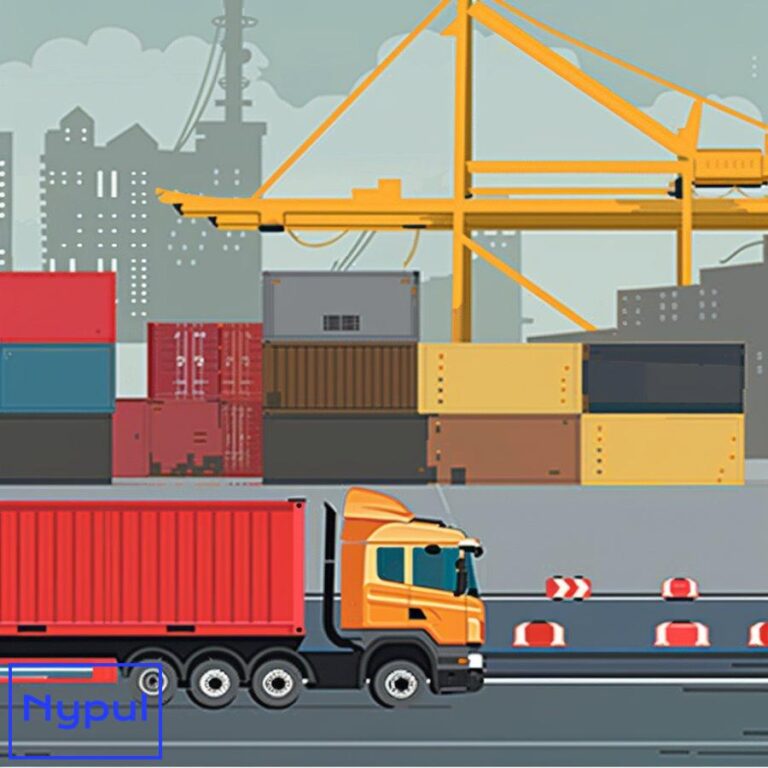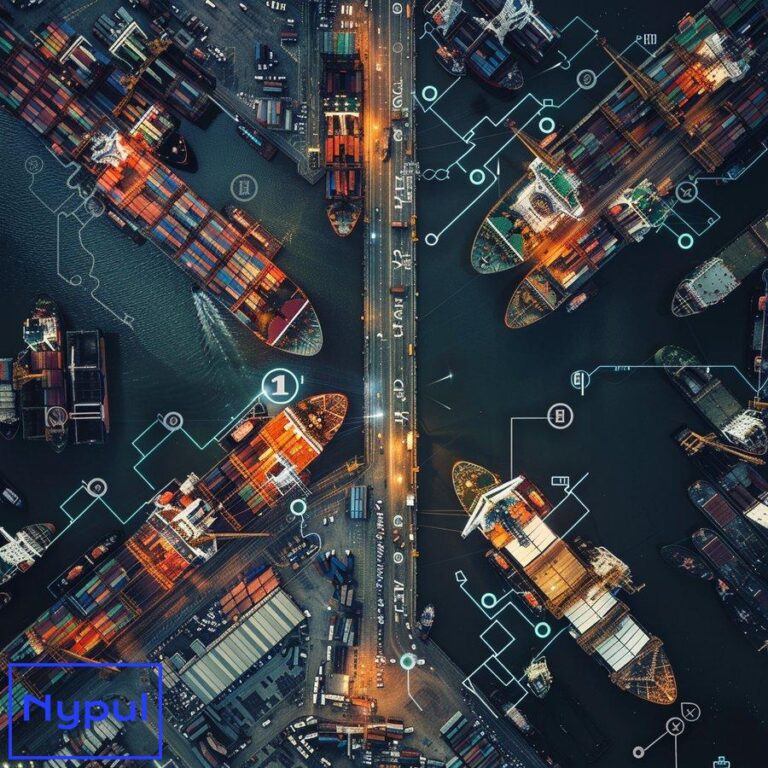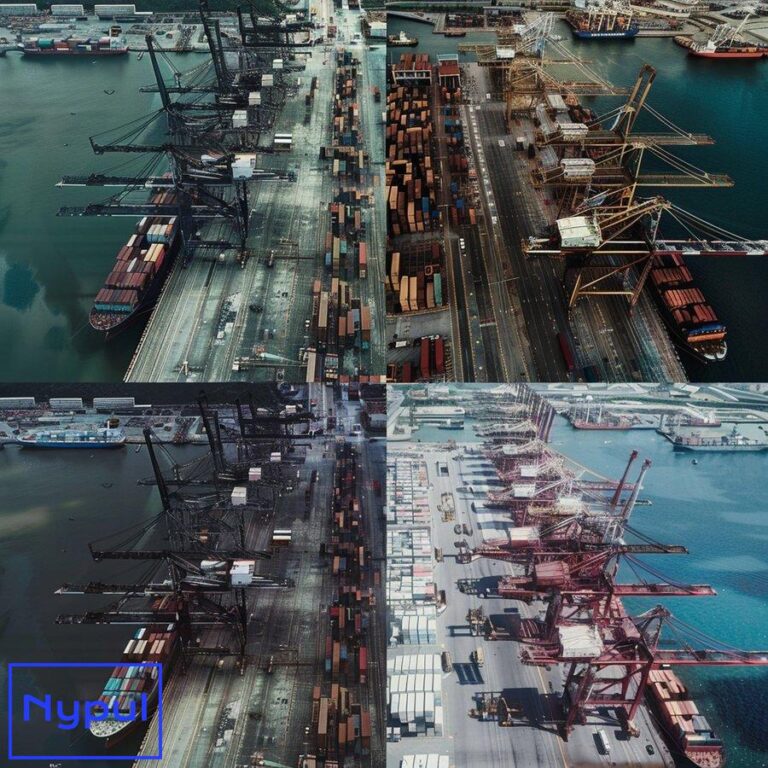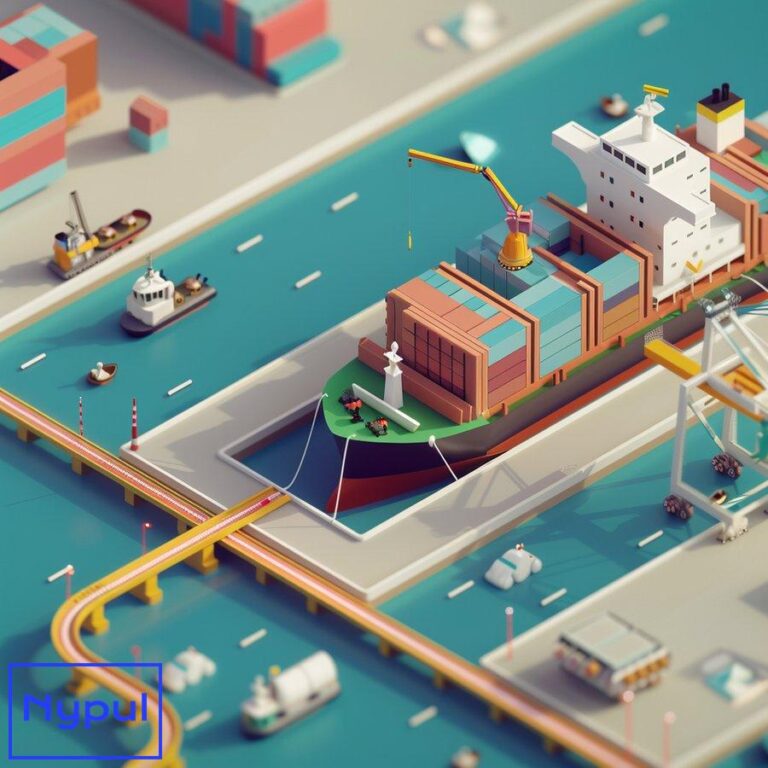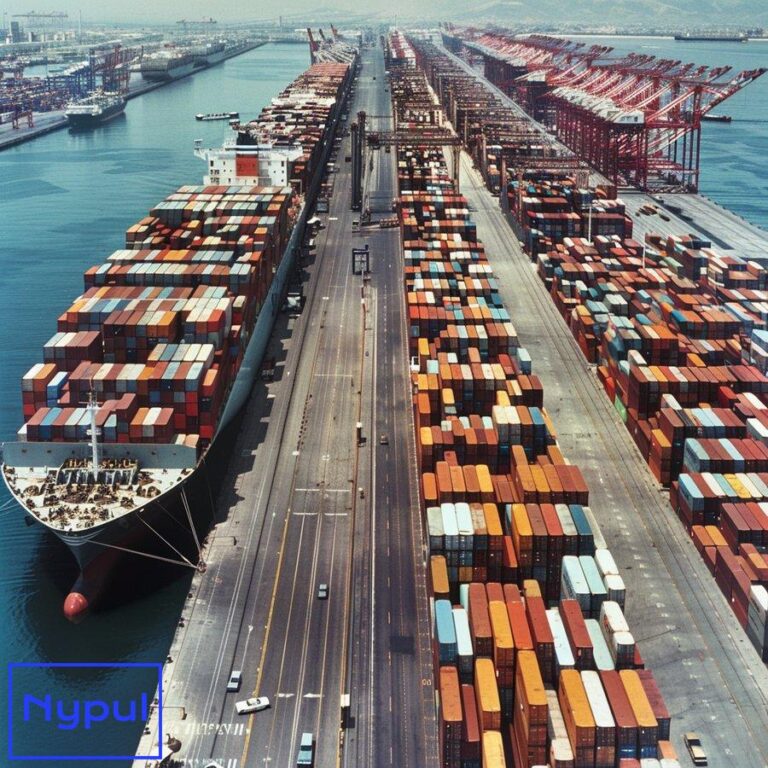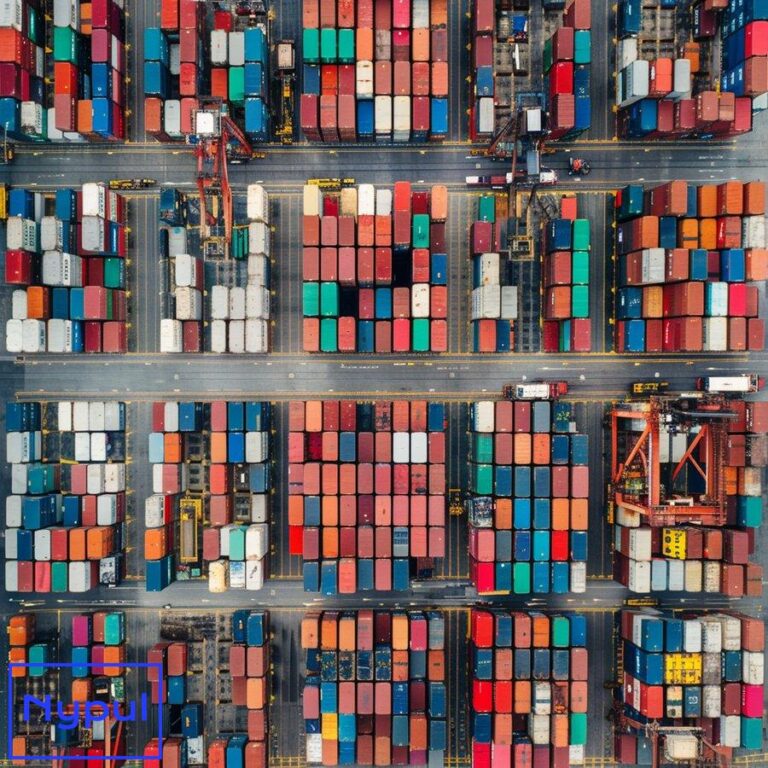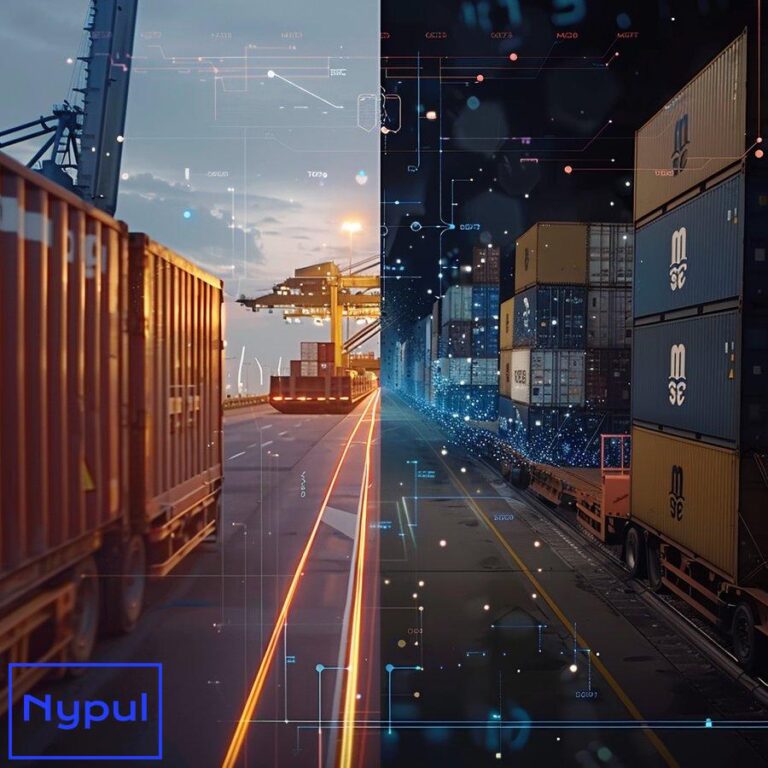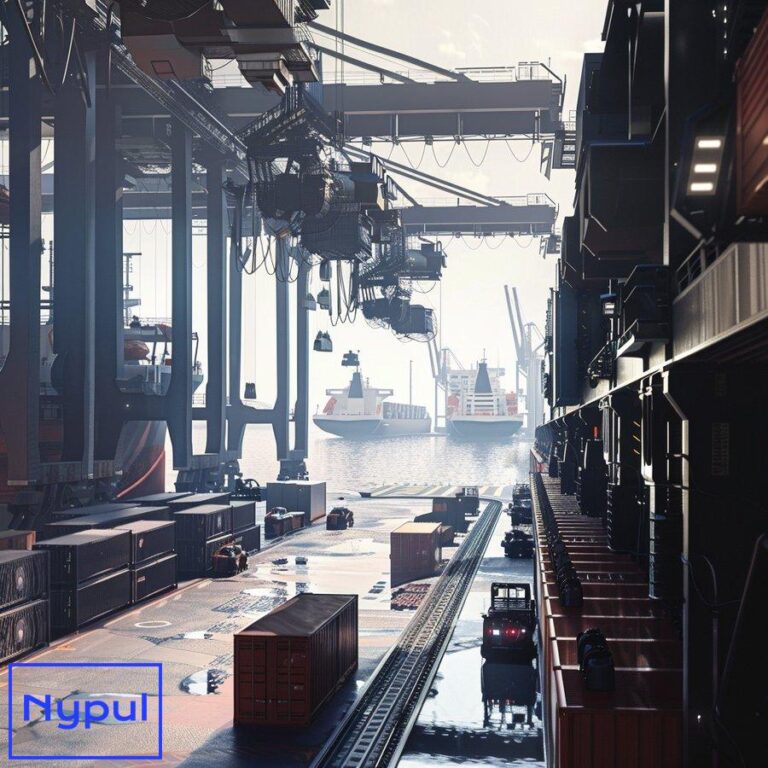What Are Drayage Fees
What are drayage fees and why are they important? Drayage fees represent the costs associated with short-distance transportation of shipping containers and goods, typically from a port or rail yard to a nearby warehouse or distribution center. These fees cover the crucial “first mile” or “last mile” of intermodal freight transport. Understanding drayage fees is…
